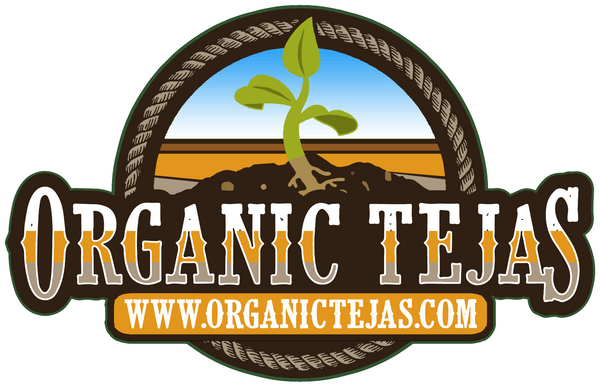
Organic Gardening (while dealing with Deer) in Boerne
Sam BrownShare
Boerne is a unique gardening environment, with its blend of rugged landscapes, varying soil types, and the ever-present challenge of deer grazing in gardens. For those committed to organic gardening in our region, a tailored strategy can make all the difference. Here’s a guide to nurturing an organic garden in Boerne that also keeps deer at bay:
1. Understanding the Landscape:
Soil Composition: The Hill Country primarily consists of limestone soils. Before planting, conduct a soil test to identify its composition and nutrient profile. Amend with organic compost and other natural soil enhancers to improve its fertility and structure.
Climate: Boerne experiences a wide variety of weather, from hot summers to sudden freezes in winter. Familiarize yourself with the local microclimates to choose appropriate plants.
2. Choose Deer-Resistant Plants:
The first thing you learn in Boerne is that no plant is truly deer-proof, some are less appetizing than others. Here are some deer-resistant plants suited to the Area:
- Perennials: Salvia, Yarrow, Lavender, Rosemary, and Agapanthus.
- Shrubs: Texas Sage, Agarita, Boxwood, and Nandina.
- Grasses: Big Muhly, Blue Grama, and Fountain Grass.
Remember that a deer's palate can change based on available food sources, so a plant that's usually ignored might become appealing if food is scarce. We have all had our hearts break to walk out and find a plant gone after it was ignored for months.
3. Organic Pest and Disease Management:
- Companion Planting: Utilize plants that naturally repel pests. Marigolds, for instance, deter nematodes and can be a great addition.
- Beneficial Insects: Promote beneficial insects like ladybugs and praying mantises that naturally keep pest populations in check.
- Natural Pesticides: Neem oil, insecticidal soap, and diatomaceous earth can be effective against many pests without harming the environment.
- Regular Monitoring: Check plants regularly for signs of disease. Early detection and intervention are crucial.
4. Natural Deer Deterrents:
- Fencing: A high fence (at least 8 feet) is the most effective way to keep deer out.
- Deer Netting: For smaller gardens or individual plants.
- Scent and Taste Deterrents: Sprays made from garlic, hot peppers, or eggs can deter deer, though they need frequent reapplication, especially after rain.
- Noise and Movement: Some gardeners have success with motion-activated sprinklers or noise devices.
5. Water Conservation:
Given the current drought conditions in our region, adopt water-conserving practices:
- Mulching: Helps in retaining soil moisture and suppressing weeds.
- Drip Irrigation: Provides consistent moisture directly to plant roots.
- Rainwater Harvesting: Set up systems to collect and store rainwater for garden use. (as if we had an rainwater to harvest...)
6. Organic Fertilization:
- Composting: Regularly add homemade or locally-sourced compost to enrich the soil.
- Natural Fertilizers: Consider fish emulsion, Eco Organic liquid, or worm castings.
- Cover Crops: Plants like clover or vetch can fix nitrogen in the soil.
7. Sustainable Practices:
- Plant Diversity: A diverse garden is more resilient to pests, diseases, and deer grazing.
- Local Seeds: Utilize local seed banks or exchanges to get varieties that are adapted to the region.
- Reduce Tilling: Over-tilling can harm soil structure and beneficial microorganisms. Opt for no-till or reduced-till gardening methods.
Conclusion:
Organic gardening in Boerne, with its added challenge of deer, demands a deep understanding of the local environment and a commitment to sustainable practices. However, with the right approach, it's possible to have a thriving garden that's both bountiful and in harmony with nature. Happy gardening in the heart of Texas!
